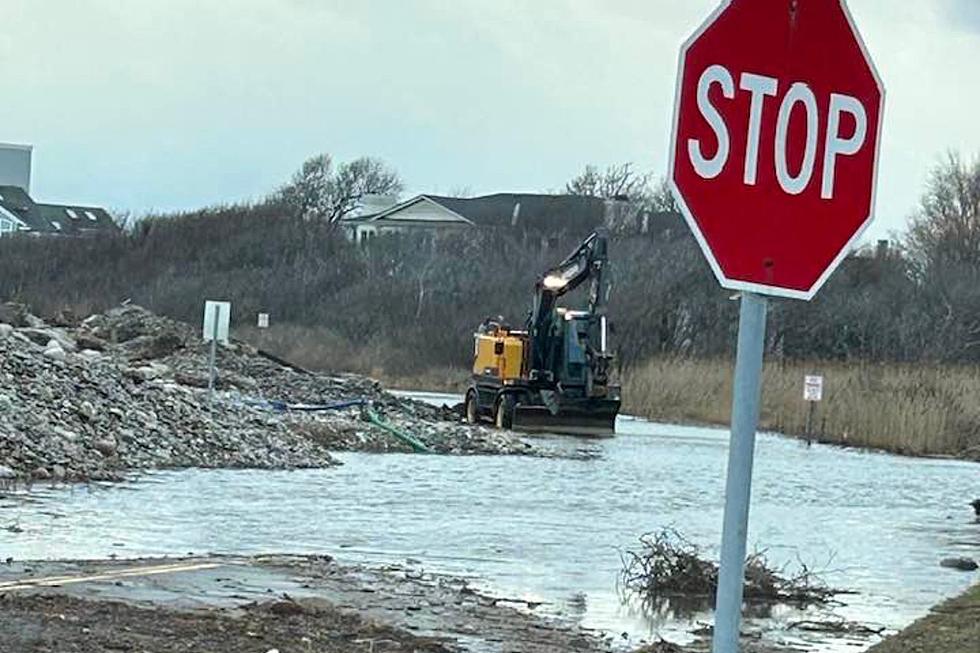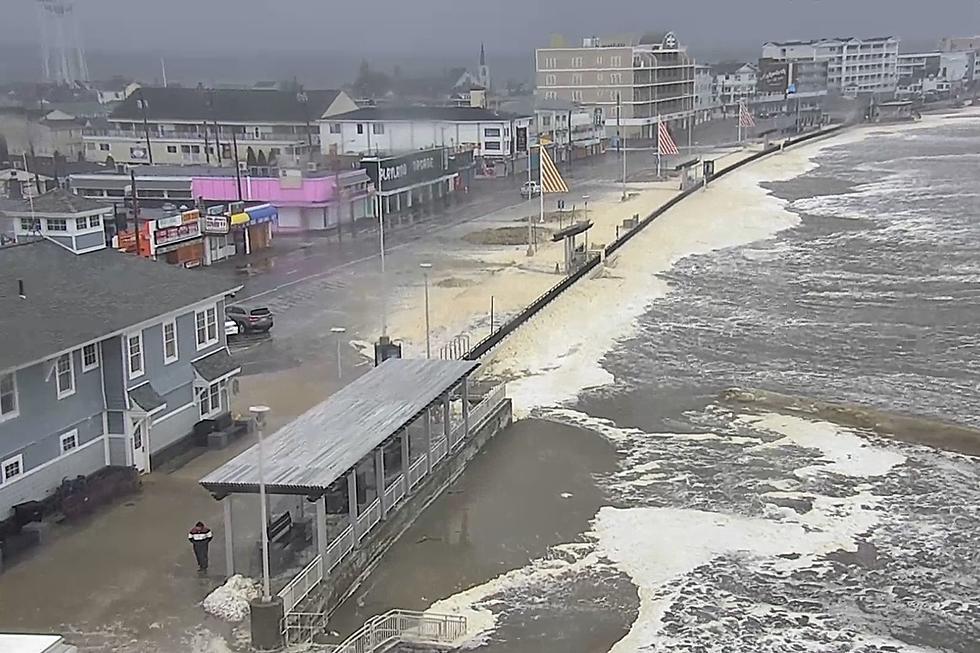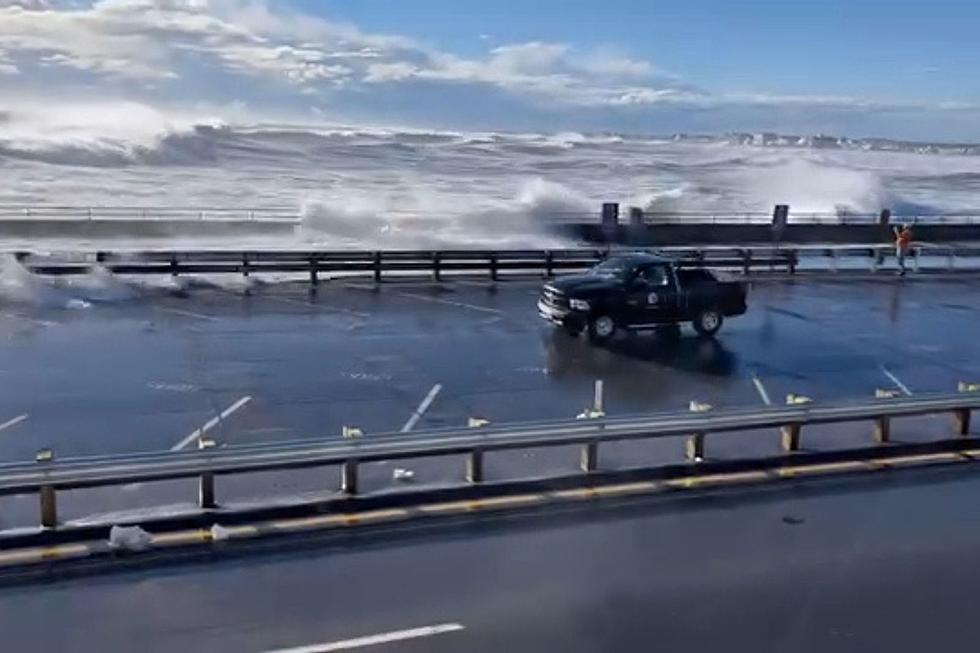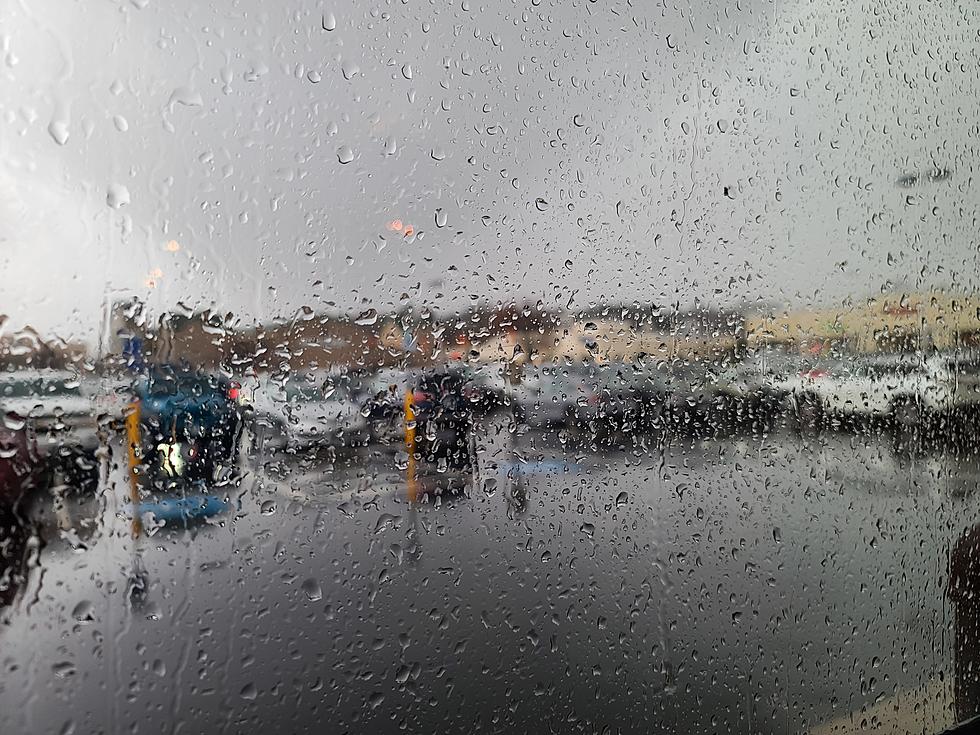
Sunny Saturday Brings Fire, Cold Water Danger
The continued dry but sunny weather means it won't take much for grass, leaves and twigs to ignite which could lead to the fast spread of wildfires.
Low humidity and potential wind gusts out of the west at 20 mph on Saturday with temperatures in the lower 70s creates an elevated risk for the spread of wildfires during the day according the National Weather Service, which urged caution handling potential ignition sources such as machinery, cigarettes and matches.
If your Saturday plans include yard work the New Hampshire Division of Forest and Lands suggested mowing early before temperatures rise and humidity drops, clearing rocks that could help create sparks and to never mow dry vegetation.
Fires on recent weekends have heavily damaged homes in Barnstead, Milton and West Newbury.
The warm temperatures could also mean bringing a boat or craft onto the water but with ocean temperatures in the 40s a person can quickly become incapacitated making it hard to signal for help. The National Weather Service says being immersed in water below 50 degrees causes cold shock and an immediate loss of breathing control.
"This dramatically increases the risk of sudden drowning even if the water is calm and you know how to swim. The danger is even greater if the water is rough. Immersion in cold water is immediately life-threatening for anyone not wearing thermal protection, like a wetsuit or drysuit, and not wearing a life jacket," according to the NWS.
Water temperatures on rivers, ponds and lakes are not that much warmer.
Cold water advice from the Coast Guard includes:
- Review safety gear prior to departure by ensuring lifejackets, navigation equipment, radio and fire extinguishers are functioning and know how to use them in an emergency.
- Dress Appropriately. Wear a lifejacket, drysuit, or wetsuit.
- File a float plan by telling a responsible person ashore where you are going, for how long and where/when you plan to return.
Contact reporter Dan Alexander at Dan.Alexander@townsquaremedia.com or via Twitter @DanAlexanderNH
LOOK: 30 fascinating facts about sleep in the animal kingdom
More From Seacoast Current








